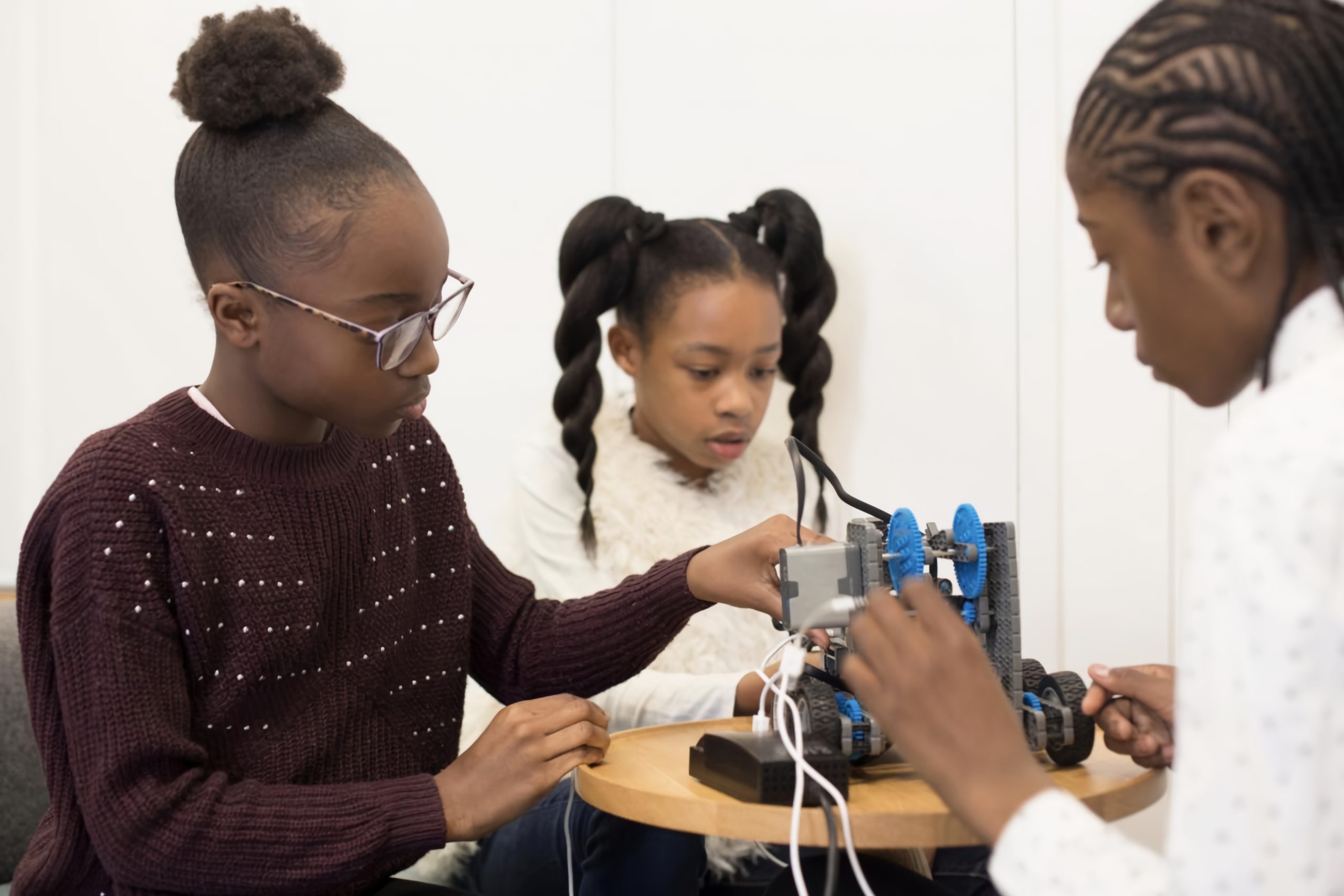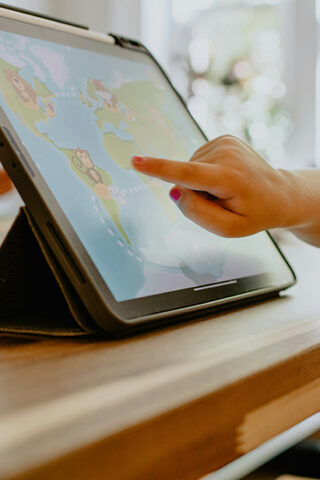Worldnationnews.com, March 2023
Through the “Recycling a cell phone to make a school microscope” program, academicians from the Optical Testing Laboratory of BUAP’s Faculty of Mathematical Physics (FCFM) want to provide low-cost microscopes to basic and upper secondary schools. To date, he has built 1,064 over four years (including two during the pandemic) from recycled cell phones, pieces of wood and acrylic, which make it possible to observe bacteria, onion or tomato cells, fly feathers, and more.
The program was born five years ago, when FCFM researcher Alberto Cordero Davila and his students had the idea to remove a camera lens from an unused cell phone to be used as a magnifying glass. In an optics course, one of his students used his cell phone to photograph a flea. From this experience the first school microscope was made.
After verifying its functionality, academia sought to expand the project to benefit other institutions. Through workshops, he began training high school teachers to build their own microscopes and to replicate this knowledge among their students.
To date, “recycling cell phones to make school microscopes” engages students in Puebla municipalities such as San Pedro Cholula, Tonantzintla, Atlixco, Tecuanipán, Zacatlán, Xicotepec de Juárez, Huejotzingo, Attempán, Chilchotla, San José Acateno, Pahuatlán There is profit. and Zapotitlan, as well as the state of Oaxaca.
Dr. Cordero Davila indicated that most biology classes are taught only with drawings or photographs of cells, bacteria, and in general materials that are not visible to the naked eye.







